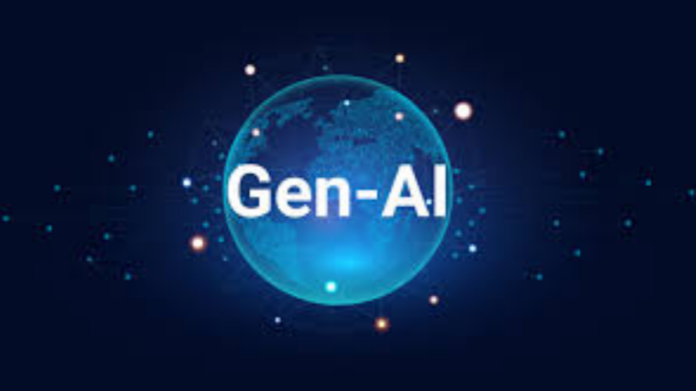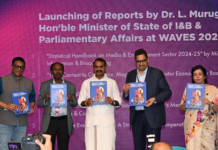New Delhi– India is positioning itself to become a global leader in artificial intelligence (AI) standardisation and manufacturing, a senior government official said on Monday, highlighting the country’s strategic focus on ethical AI development and global interoperability.
Speaking at a four-day international workshop in New Delhi, Manish Sinha, Member (Finance), Digital Communications Commission (DCC), Department of Telecommunications (DoT), underscored the Telecommunication Engineering Centre’s (TEC) critical role in driving ethical AI governance through fairness assessments and rating frameworks.
“India’s dual focus on advancing AI standardisation and strengthening domestic manufacturing places it at the forefront of the global AI transformation,” Sinha said, crediting the Telecommunications Standards Development Society India (TSDSI) for its contributions to creating secure, interoperable, and globally aligned technical standards for AI systems.
The workshop, jointly organised by the International Telecommunication Union (ITU) Area Office and Innovation Centre and the NCA-F, DoT, brought together stakeholders from BIMSTEC nations — Bangladesh, Bhutan, Nepal, Sri Lanka, India — and Maldives, along with international experts, regulators, startups, industry associations, and academic leaders.
Sinha stressed the need for consensus-building within the ITU framework to ensure that AI standards are inclusive, globally harmonised, and accessible to all countries, particularly those in the Global South. He also highlighted India’s focus on economic inclusion through programs like ‘Digital Bharat Nidhi’, which aim to democratise access to digital infrastructure and innovation.
Calling on delegates to actively participate in shaping practical and responsible AI standards, Sinha urged the development of future-ready, ethical AI solutions that can advance sustainable development goals through regional and international collaboration.
In a recorded message, Indra Mani Pandey, Secretary General of BIMSTEC, reinforced the importance of multilateral cooperation.
“Regional collaboration on AI standards is not optional — it is essential for ensuring that emerging technologies serve our collective development goals,” he said. “By investing in standards today, we secure a future where AI can drive growth across all our member nations in a responsible and interoperable way.”
Atsuko Okuda, Regional Director for Asia Pacific at the ITU, echoed these sentiments, noting that AI has moved beyond research and into everyday life. She projected that AI could contribute $15 trillion to the global economy by 2030, making it imperative to build trustworthy frameworks for its deployment.
The event underscored India’s ambition to shape the global AI governance agenda, build resilient AI supply chains, and foster regional collaboration to ensure that technological advancements are inclusive, secure, and sustainable. (Source: IANS)








